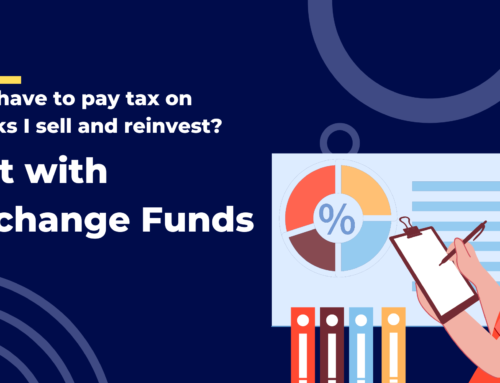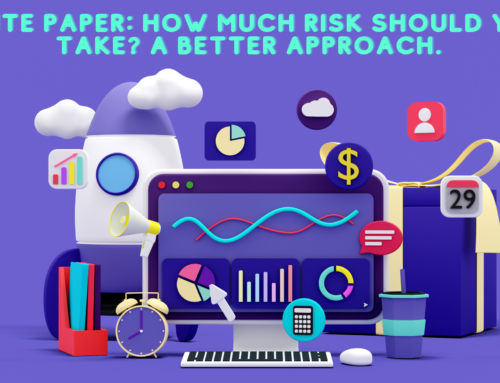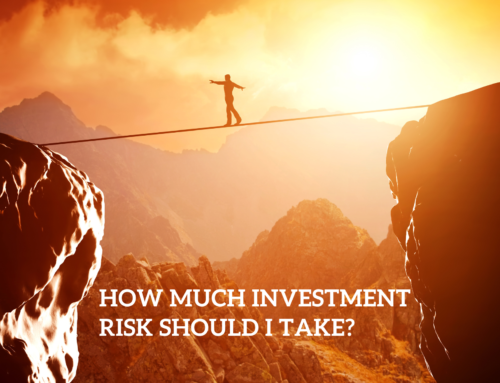Imagine I offer you the following deal: I will sell you a promissory note so I can expand my business. The note will be subject to the following conditions:
- I will not begin paying you back anytime soon
- I am under no obligation to ever pay you back, even in part
- You have no legal right to ever ask for any part of your money back
- You have no legal right to have any say whatsoever in how I conduct my business
Sounds like a pretty sweet deal, right? Hold on, it gets better. You also know the following bits of information about me and my business:
- I am 26 years old
- Last year my company lost over half a billion dollars
- I will use part of your investment to pay myself a bonus of a few hundred million dollars, and hundreds of millions more for my staff
- My business model critically depends on teenage girls remaining convinced that I’m cool
How much would you be willing to pay, how much do you think investors collectively would be willing to value such an awesome opportunity? If your answer was $24 billion then congratulations, you’ve correctly estimated the post-IPO valuation of Snap, maker of the popular social media app Snapchat.
As a Reuters article on the IPO points out, setting aside even the dubious business model Snap has and the exorbitant prices investors are paying to participate in it, what is truly mind-blowing about the offering is the company’s unprecedented decision to issue only non-voting “shares.” Investors in Snap’s publicly traded securities do not have the right to vote for the board of directors or otherwise have any say in its corporate governance, allowing founders Evan Spiegel and Bobby Murphy to run the company with impunity and use it as their own personal cash machine if they wish, something they already seem keen on doing.
Such episodes of greed and imprudence are common at the height of a prolonged bull market, and the history of finance is littered with the graves of enterprises whose founders were much better skilled at selling high than their investors were. From John Law, the 18th century Scottish gambler who almost single-handedly bankrupted France with shares of his fraudulent Mississippi Company, to the spate of young dotcom CEOs who sold their cash-burning companies for hundreds of millions or billions in the late 90s before they went belly-up, market bubbles have always been a great way for very smart people to make a lot of money selling very stupid ideas. They have not tended to end well.
The Reuters article quotes a venture capitalist who said he would move his investments to cash if Snap’s IPO proved successful, as it would surely signal the peak of market hysteria. This I think goes too far; as I wrote about recently, though the broad US stock market is quite expensive, in other parts of the world and in corners of the US it is still cheap, nor is the record of market timers very enviable. Plenty of investment professionals recognized the dotcom bubble in 1997 and went to cash or even started shorting, only to see stocks continue rising for three more years. Still others will spot a bubble and happily buy in, hoping to sell to a greater fool for even more. These sorts of games of market musical chairs are likely to make your investment last as long as a message sent through Snapchat, the only way to win is not to play.
This post is NOT intended to be a solicitation to buy or not buy any particular stock or security of any kind. for a full list of RHS Financial’s disclosures please click here.
Disclosures: This post is solely for informational purposes. Past performance is no guarantee of future returns. Investing involves risk and possible loss of principal capital. No advice may be rendered by RHS Financial, LLC unless a client service agreement is in place. Please contact us at your earliest convenience with any questions regarding the content of this post. For actual results that are compared to an index, all material facts relevant to the comparison are disclosed herein and reflect the deduction of advisory fees, brokerage and other commissions and any other expenses paid by RHS Financial, LLC’s clients. An index is a hypothetical portfolio of securities representing a particular market or a segment of it used as indicator of the change in the securities market. Indexes are unmanaged, do not incur fees and expenses and cannot be invested in directly.






